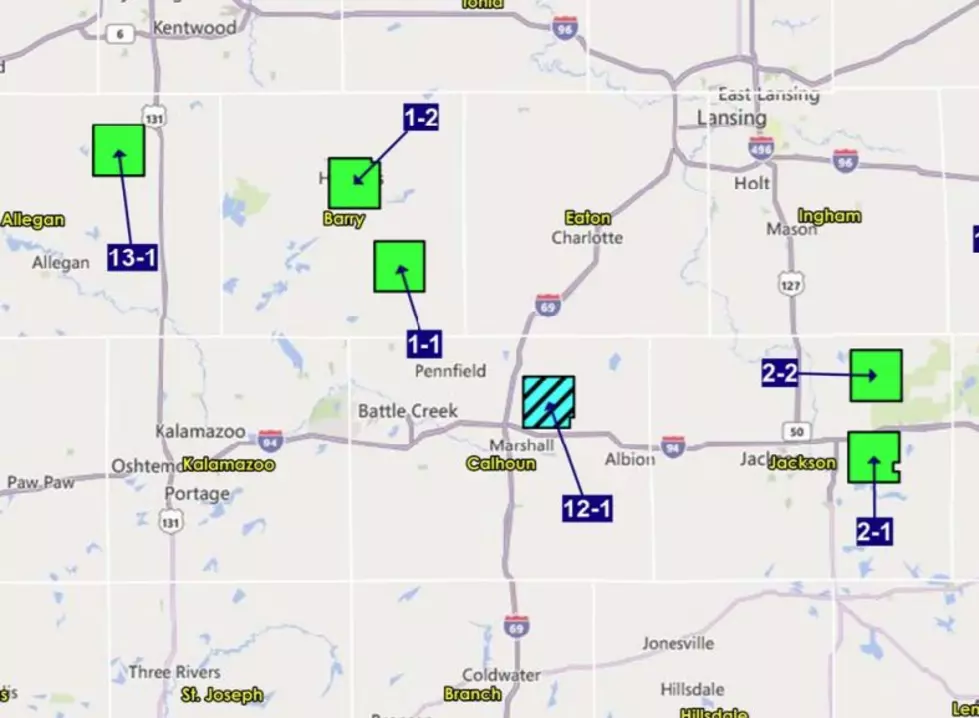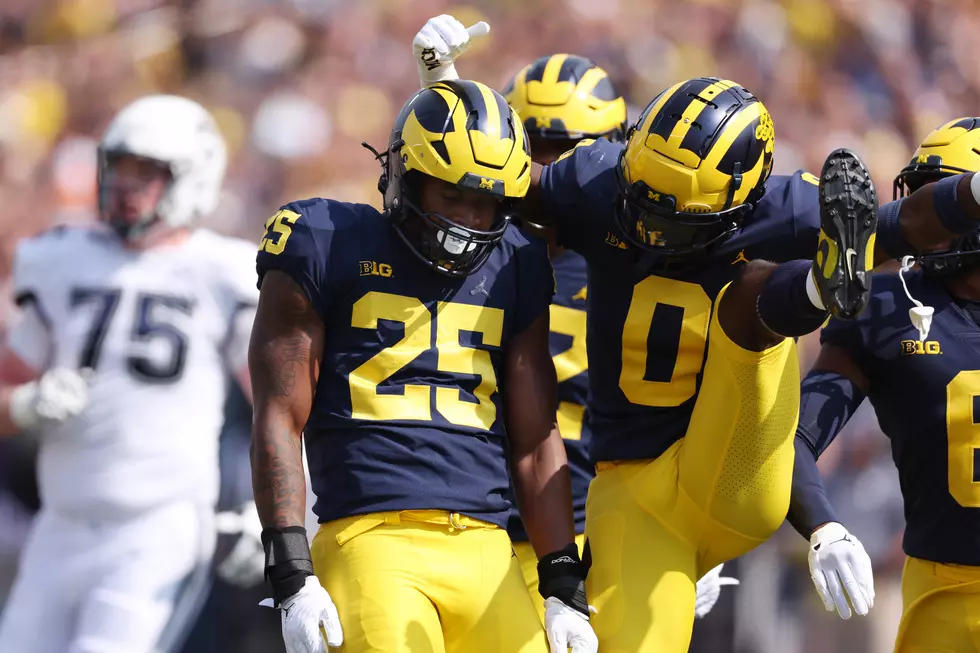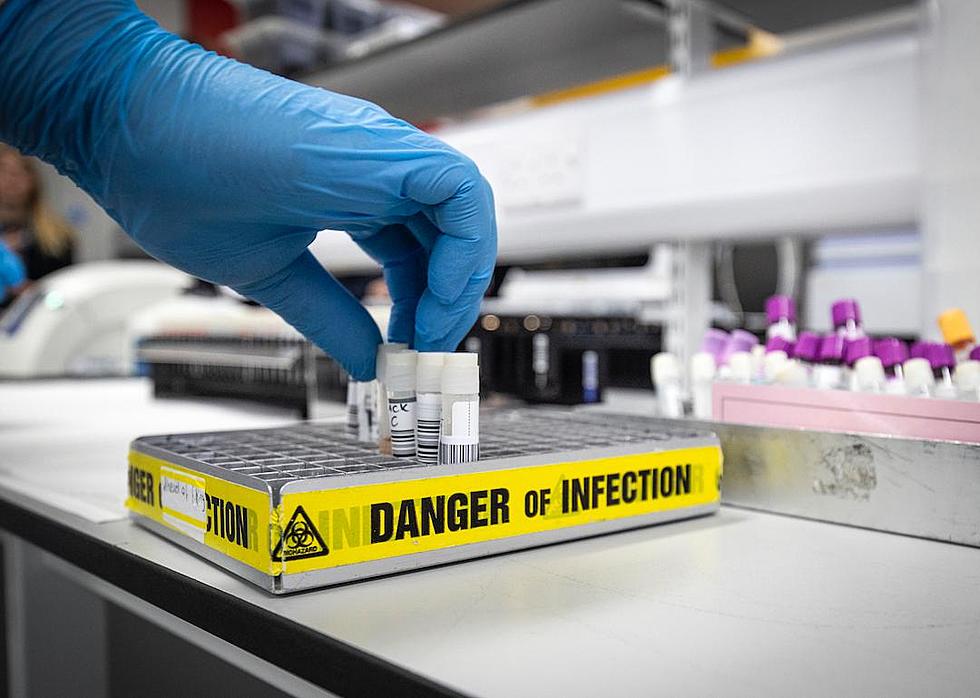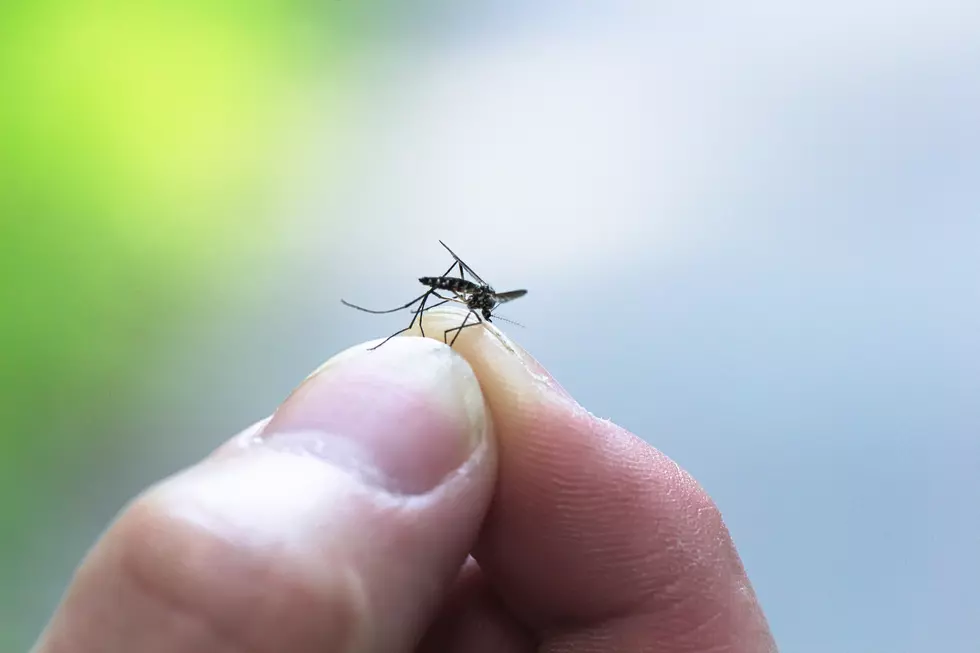
Calhoun County EEE Spraying Set to Resume Tuesday Night
Aerial treatment to help prevent the spread of Eastern Equine Encephalitis (EEE) is set to resume tonight in Calhoun County. The Michigan Department of Health and Human Services says an area north of Marshall was partially treated and will be on tonight’s schedule for completion.
Calhoun County Public Health Officer Eric Pessell was a guest on Monday’s 95.3 WBCK Morning Show with Tim Collins. Pessell said that the area in Calhoun County is about a 5-mile radius around the area where a horse was found to have contracted EEE and died from it.
Five concentrated zones in Allegan, Barry, and Jackson counties have already been sprayed.
Unlike last fall, citizens are not able to “opt-out” of having their property sprayed. “This year the Michigan Department of Agricultural and Rural Development has adopted some emergency rules that don’t allow that to happen this year,” said Pessell. He said people on Federal land or Native American land have the option to “opt-out”, but that is it.
Pessell said there is nothing to fear from the treatment. He says he would have no problem being out in the open underneath one of the aircraft spreading the treatment. “Last year the state sprayed about 500,000 acres of land and were able to do studies. There was not any negative reaction to animal life of plant life that they were able to find.”
Pessell says the amount of chemical used is extremely small, basically a tablespoon per acre.
The state reports there are now 30 horses in at least 12 Michigan counties that are confirmed to have contracted the virus, including the one here in Calhoun County. Only one human case is diagnosed so far, a man in Barry County. He continues to recover from the virus.
Pessell says the virus is serious. One-third of humans who get it and get encephalitis do not survive, and it only takes one mosquito bite for someone to become infected.
As of Sept. 22, EEE has been confirmed in 32 animals in 13 counties – 30 equine and two deer. To date, there is one confirmed human case in Barry County. There is an EEE vaccine available for horses, but not for people. Protecting horses with approved EEE vaccines is an important prevention measure.
EEE is one of the most dangerous mosquito-borne diseases in the United States, with a 33 percent fatality rate in people who become ill. People can be infected with EEE from one bite of a mosquito carrying the virus. Persons younger than age 15 and over age 50 are at greatest risk of severe disease following infection. More than 25 percent of the nation’s EEE cases last year were diagnosed in Michigan. The risk of bites is highest for people who work and play outdoors in affected areas.

MORE: Unique Pets You Can Legally Own In Michigan
More From WBCKFM









